Horror And Its Aftermath
$131.66
Acknowledgements
Camel, Lion, Child Narrating Human Suffering And Salvation
The Least Of These: A Narration Of Human Anxiety In Early Childhood
Towards A Theological Engagement Of Early Childhood
“. . . The Lord Encountered Him And Sought To Kill Him”: Marilyn McCord Adams On Horror And Salvation
Radical Hope: This World And The Next
Bibliography
Index
Additional Info
Theological anthropology often brings psychology to bear on the contingent nature of human existence in relationship to God. In this volume, Sally Stamper articulates one modern trajectory of theological recourse to psychology (comprising Schleiermacher, Nietzsche, and Tillich) as the ground on which she brings clinical psychoanalytic theory and early childhood studies into conversation with fundamental questions about the relationship of God to human suffering and its remediation. She develops her argument from the assertions that human experience evolves within an awareness of human vulnerability to profound suffering and that insight into consequent human anxiety is a powerful resource for soteriology, eschatology, and theological anthropology. Stamper narrates this “normative anxiety” by integrating object relations theories of early childhood development and critical readings of literary texts for young children. She gestures toward a new eschatological vision that poses the radical otherness of a transcendent God as key to divine remediation of human suffering, in the process building on Marilyn McCord Adams’s soteriological response to human horror-participation and on Jonathan Lear’s assertion of radical hope in response to catastrophic collapse of cultural resources for making meaning.
in stock within 3-5 days of online purchase
SKU (ISBN): 9781451492682
ISBN10: 1451492685
Sally Stamper
Binding: Cloth Text
Published: September 2016
Emerging Scholars
Publisher: Augsburg Fortress Publishers – 1517 Media
Print On Demand Product
Related products
-
Screwtape Letters
$17.99Wormwood, a demon apprentice, must secure the damnation of a young man who’s just become a Christian. He seeks the advice of an experienced devil, his uncle Screwtape. Their correspondence offers invaluable—and often humorous—insights on temptation, pride, and the ultimate victory of faith over evil forces. Paperback with French flaps and deckled page edges.
Add to cart2 in stock (additional units can be purchased)
-
Love Stories Of The Bible Speak
$30.00Biblical Studies
Additional Info
The Bible is full of “love” stories. But the Biblical idea of love is so much bigger than we imagine.Love is at the heart of the Bible. From the moment Adam declared Eve “flesh of my flesh”…to the sacrificial love of Joseph for Mary…to the deep friendship of David and Jonathan…to the abounding and never-changing love of God: The Bible is a love story. But it also redefines the way the world tells us we should think about love.
The Bible reveals not just butterflies and broken hearts. In Scripture, we see God’s beautiful design for the partnership of marriage. We witness friendships that cross all boundaries. We watch as families navigate the many seasons of life. Our guiding example for them all is the deepest, most abiding, foundational love ever known: God’s unconditional love for His people.
In The Love Stories of the Bible Speak, Shannon Bream draws lessons from the good, the bad, and the ugly of Biblical romances, friendships, and families. She shows how God’s love is often very different from ours, turning upside down our assumptions about life, relationships, and each other.
The Love Stories of the Bible Speak reminds us that, no matter where we find ourselves, God’s unwavering love will sustain and guide us. These insights into biblical relationships will uplift and encourage you, and reveal new dimensions to the most central Christian duty: to love God and your neighbor.
Add to cart1 in stock


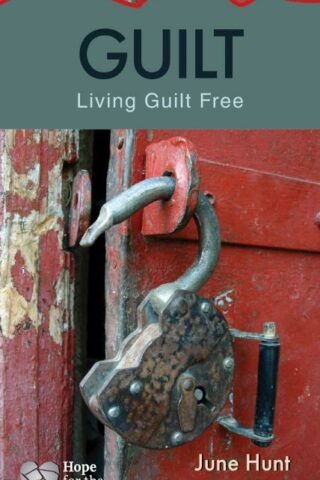



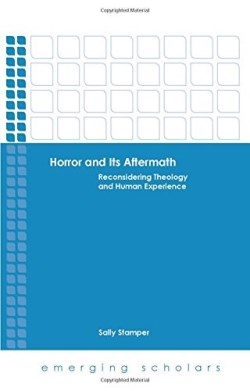
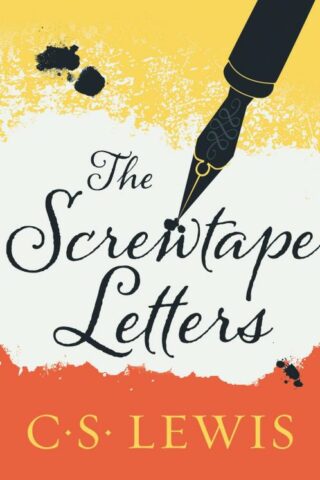



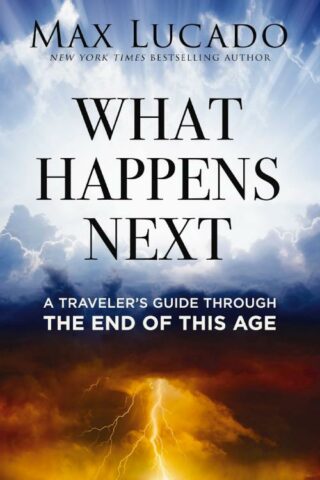
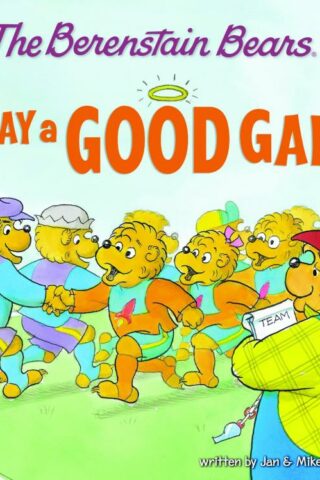


Reviews
There are no reviews yet.